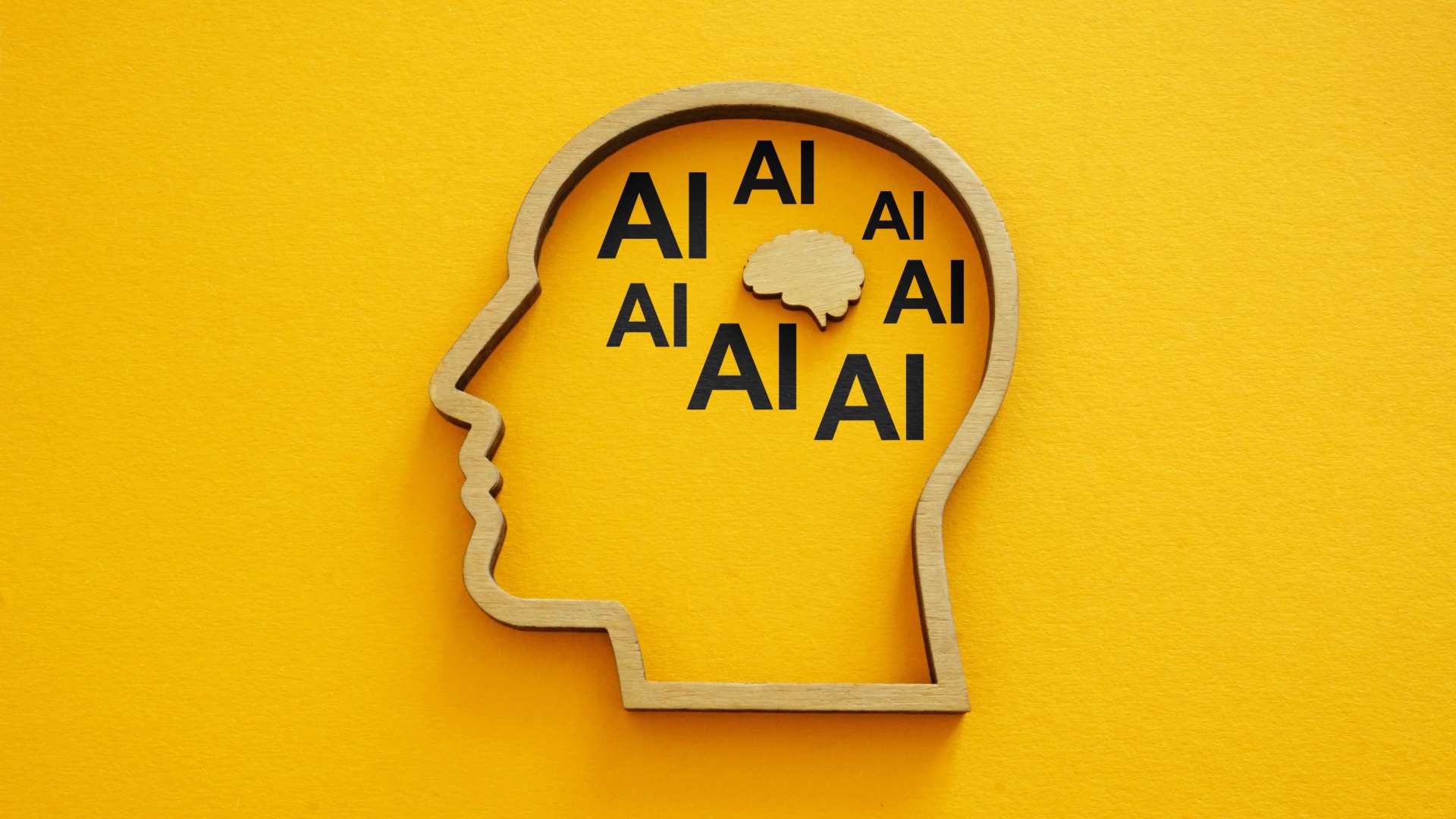
"AI is now ubiquitous in the software landscape, with 43% embedded in existing programs, 22% introduced by business units, and 35% developed internally. By 2026, over 80% of software vendors will incorporate generative AI into their products, leading to AI saturation even for those who maintain their current approach. However, this increase has not resulted in improved marketing effectiveness or enriched customer connections, as many consumers report feeling more overwhelmed and less understood."
"The shift occurring is behavioral rather than technological. It reflects a transition from a product-led approach, where companies push solutions, to a buyer-led paradigm where consumers drive their own journey. Automation cannot secure attention, trust, or loyalty. Customers now expect to feel recognized individually, to participate in decision-making, and to trust the company they engage with—this requires a deeper connection that automation cannot replicate."
AI has become deeply embedded in enterprise software, with significant percentages derived from existing software, business units, and internal development. By 2026, a majority of software vendors will include generative AI in their offerings. Despite this abundance, marketing effectiveness has not improved, and consumers often feel overwhelmed. A behavioral shift has occurred, emphasizing a need for personalization in decision-making and building trust through understanding individual customer needs, which automation alone cannot achieve.
Read at MarTech
Unable to calculate read time
Collection
[
|
...
]